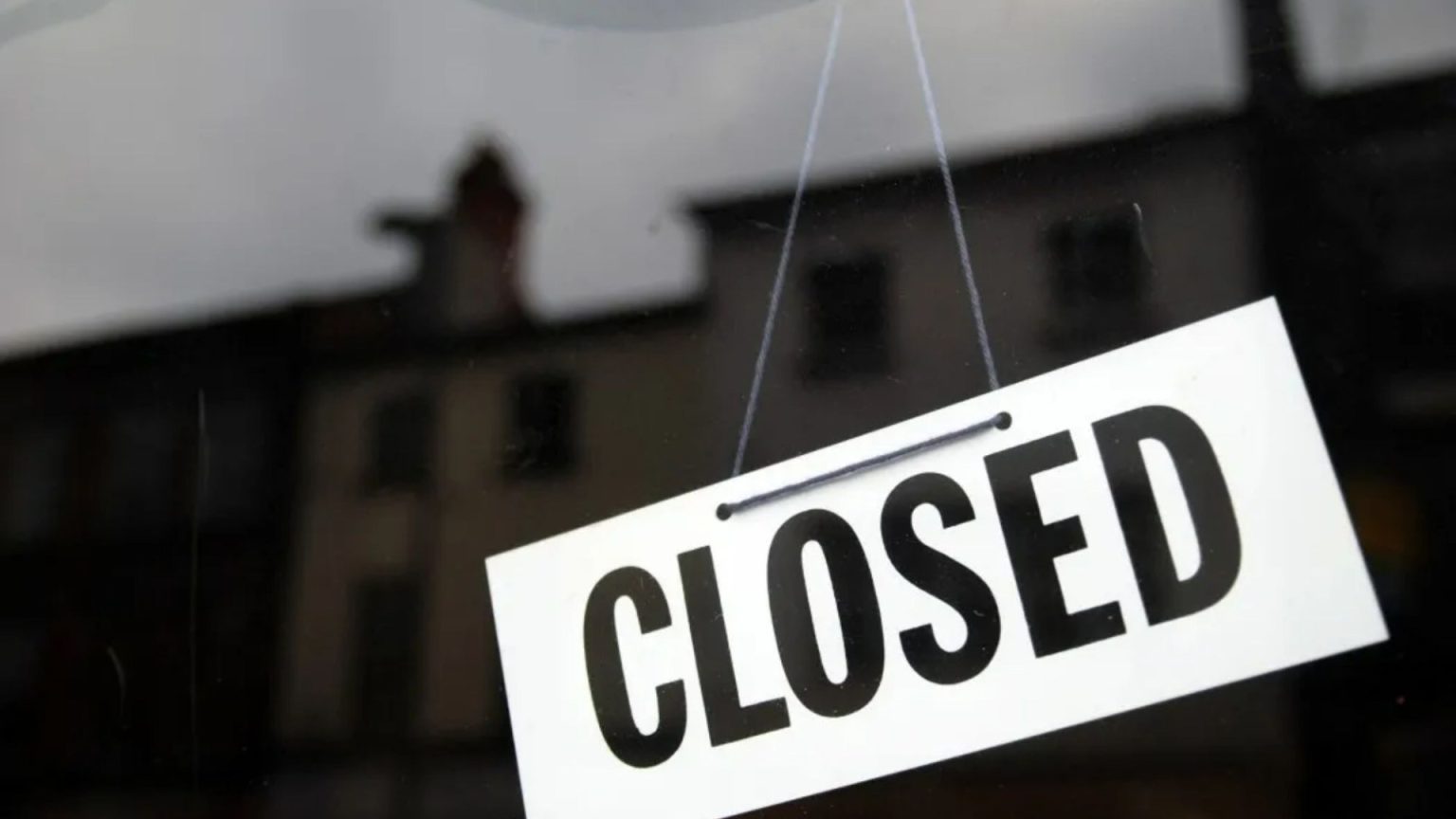The Body Shop, a beloved British high street retailer, is facing further closures, with five stores scheduled to shut down on January 15, 2025. The affected locations include Exeter, Plymouth, Horsham, Norwich, and Sheffield. These closures follow the recent shuttering of branches in Hove and Cambridge, adding to the growing number of vacant storefronts on UK high streets. Closing down sales are currently underway at the five soon-to-be-closed locations, offering discounts on remaining merchandise. The news has been met with disappointment from loyal customers who expressed their sadness on social media, lamenting the loss of a familiar and cherished brand. The closures represent another blow to the struggling high street landscape, further impacted by the rise of online shopping and evolving consumer habits.
The closures are particularly poignant given the long history of the affected stores within their respective communities. The Exeter and Plymouth branches, operated by the Harsant Franchise, have served customers for 45 years, while the Norwich store has been a local fixture for 44 years. The Sheffield branch, part of the city’s Orchard Square for 34 years, will also bid farewell on January 15th. These closures not only impact shoppers but also result in job losses, including long-serving employees who have dedicated decades to the company. The Sheffield store’s director, Tim Boaler, expressed his sadness at the closure and acknowledged the impact on loyal staff, particularly their manager of nearly 30 years and their longest-serving employee of 22 years.
The Body Shop’s current predicament follows a tumultuous period for the company. Last year, the chain faced administration, leading to the closure of 82 branches and hundreds of job losses. It was subsequently acquired by Auréa, a growth capital firm, which pledged to revive the brand. While Auréa initially assured that no further closures were planned, the recent announcements highlight the ongoing challenges faced by the retailer in navigating the evolving retail landscape. The company acknowledged the need for cost management amidst its financial struggles, while emphasizing the importance of physical stores in maintaining customer connection. The Body Shop currently employs over 1,500 workers across the UK, and these closures undoubtedly raise concerns about the future stability of the remaining stores and the livelihoods of their employees.
The Body Shop’s closures are not an isolated incident; they reflect a broader trend affecting the British high street. Other retailers, including H&M-owned Monki and WHSmith, are also closing stores in January 2025. Monki is shuttering two branches in Newcastle and Manchester, while WHSmith is closing a store in Bournemouth. These closures underscore the ongoing challenges faced by brick-and-mortar retailers in the face of rising online competition, changing consumer preferences, and increasing operational costs. The closures contribute to a cycle of decline, as fewer stores lead to reduced footfall, further jeopardizing the viability of remaining businesses.
Several factors contribute to the widespread closure of retail stores. The rise of online shopping has significantly altered consumer behavior, with many opting for the convenience and wider selection offered by e-commerce platforms. This shift has resulted in declining sales for physical stores, making it increasingly difficult to justify the costs associated with maintaining brick-and-mortar locations, including rent, staffing, and utilities. The increasing costs of operating physical stores, coupled with rising staff wages and other overheads, have squeezed profit margins, making it challenging for retailers to remain competitive.
In addition to online competition and rising costs, the changing dynamics of town centers and the rise of retail parks are also contributing factors. Retail parks offer convenient, free parking and larger store formats, attracting shoppers away from traditional high streets, where parking can be expensive and limited. Many retailers, including prominent names like Next and Marks & Spencer, are strategically relocating from high streets to retail parks to capitalize on these advantages. This migration further weakens the vitality of town centers, leaving behind empty storefronts and a sense of decline. The confluence of these factors – online competition, rising costs, shifting consumer preferences, and the rise of retail parks – paints a challenging picture for the future of the British high street and underscores the need for innovative solutions to revitalize these vital community hubs.


